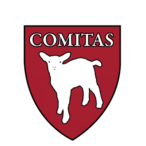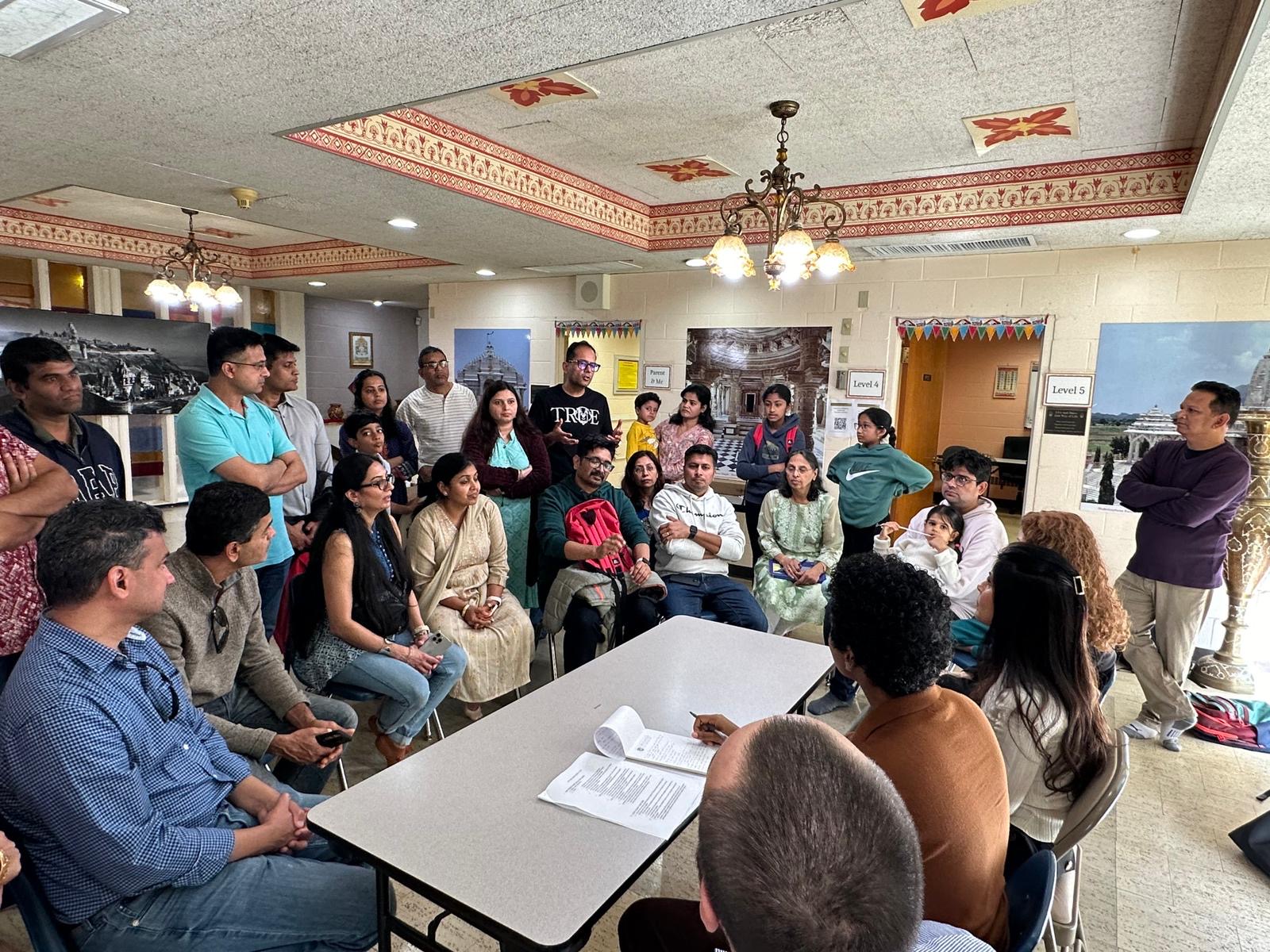June 24, 2025
A coalition of over 35 Jain organizations including JAINA, YJA and Jain Centers across the United States — led by Harvard Law School’s Animal Law & Policy Clinic and Religious Freedom Clinic—has submitted a petition for rulemaking to the U.S. Department of Agriculture’s (USDA) Food & Nutrition Service. The petition advocates for restoring clear regulatory language in the National School Lunch Program (NSLP) regulations that recognizes religious dietary requirements as needs, not mere preferences, and urges participating schools to make reasonable accommodations to meet students’ religious needs.
In 2024, USDA revised its NSLP regulations, removing explicit references to “religious needs” and substituting them with the generic term, “dietary preferences.” The petition argues this shift sends the wrong message to local schools that requests for meal accommodations by religious families do not need to be taken seriously. And when schools fail to provide reasonable meal accommodations, it disproportionately disadvantages those religious students who qualify for NSLP benefits. The submission documents data from surveys of over 300 Jain families and audits of 33 school districts, highlighting a “protein access gap” and inadequate adherence to USDA nutrition mandates in cases where religious accommodations for Jain students are denied or are inconsistently offered.
“When religious needs are classified as preferences, students lose access to nutritionally equivalent meals unless families can provide suitable alternatives,” the petition states. Animal Law Clinic Faculty Director Mary Hollingsworth adds, “Our students have worked tirelessly to support Jain students and their families as they advocate at both the federal and local levels for access to cruelty-free meal options that meet their religious needs. Denying students food aligned with their faith forces them to choose between their health and their strongly held beliefs.”
The petition urges the USDA to amend 7 C.F.R. § 210.10(m) to direct school food authorities to “make reasonable meal modifications, including substitutions in lunches and afterschool snacks, for children whose religion restricts their diet.”
As Nirva Kapasi Patel, Executive Director of the Animal Law & Policy Program at Harvard Law School, explains, “As someone from the Jain community who attended public schools in Massachusetts, I know how limited the options are for students whose diets are shaped by sincere religious beliefs, like Jainism’s commitment to nonviolence and the exclusion of animal ingredients. Working with students and faculty at Harvard Law School on this petition has been a powerful opportunity to advocate for change. We are asking the USDA to direct schools to “make reasonable meal modifications” for religious diets since clearer, enforceable protections are needed to ensure no student is forced to choose between their faith and a school meal.
As noted by Josh McDaniel, Faculty Director of the Religious Freedom Clinic, “Religious freedom is a foundational American value that should extend to every student in our public institutions. When children are denied school meals that respect their religious needs, it isn’t simply a matter of nutrition; it’s a matter of equal dignity and the right of religious students to participate fully and safely in school. Through this petition, we are urging the USDA to make clear that religious dietary needs deserve more than generic recognition—they require real accommodation and respect under the law.”

